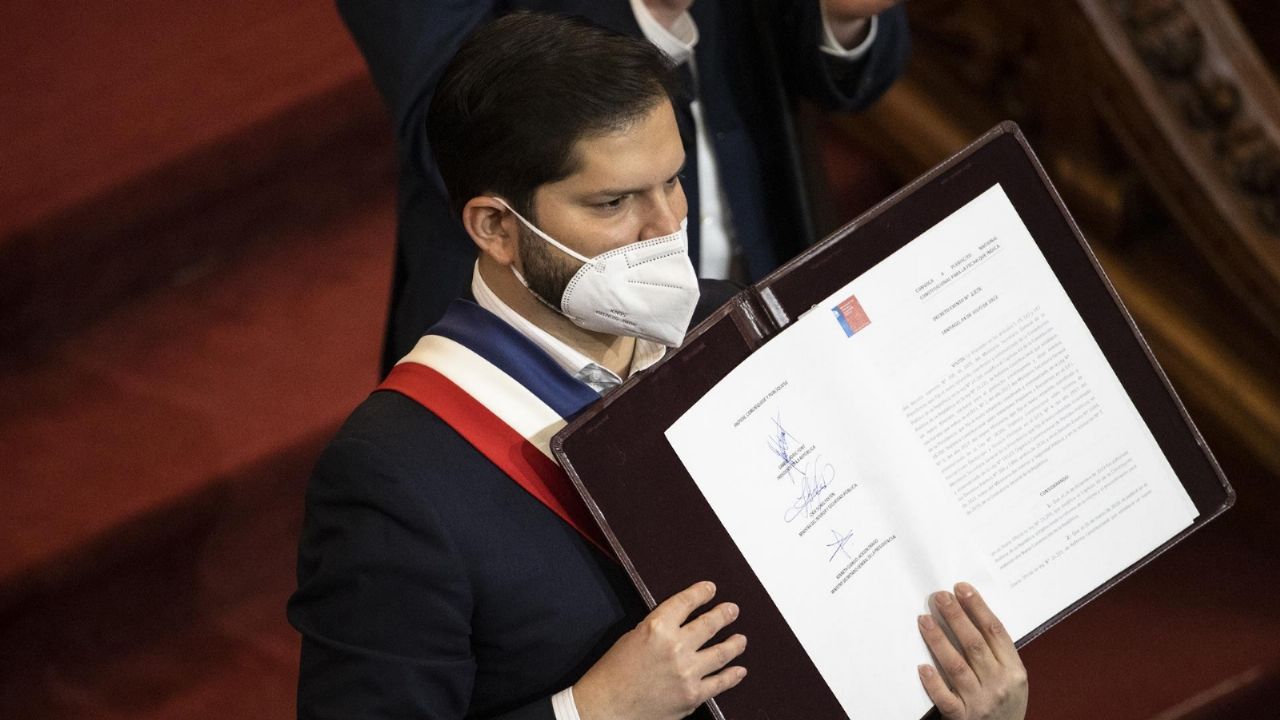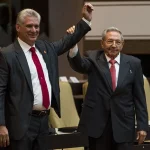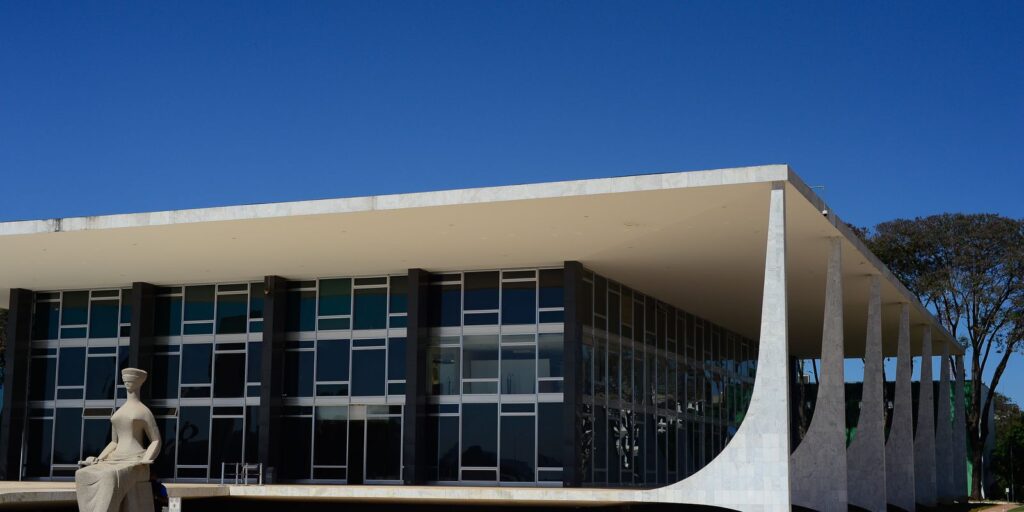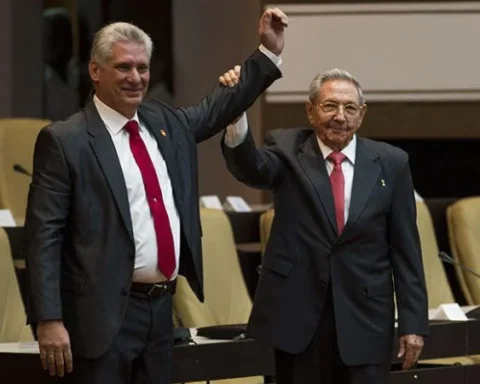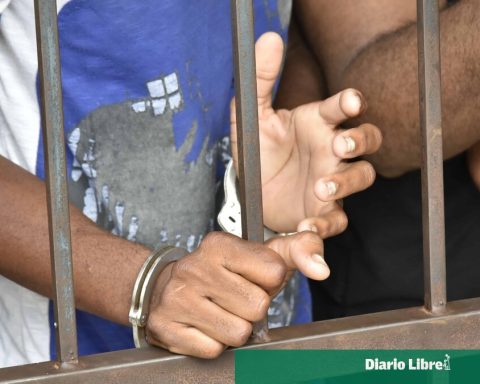Chile closed this Monday another chapter in its busy recent history with the delivery of a proposal for a new Constitution and is preparing for the next milestone: the approval or rejection of it in the September plebiscite.
In an emotional ceremony in the old building of the National Congress, the constituent body delivered one of the copies to the country’s president, Gabriel Boric, and dissolved after a year of intense work.
“There is something in which we all have to be proud: that at the moment of the deepest political, institutional and social crisis that our country has experienced in decades, Chileans opt for more democracy and not less”indicated the president.
Chile began the constitutional process as the way out to dismantle the wave of protests against inequality in 2019, the most serious since the end of the dictatorship of Augusto Pinochet (1973-1990), with thirty deaths and thousands of injuries.
“Today is a day that will remain in the annals of the country”he claimed borikwho was one of the politicians who most promoted the process while he was a deputy in 2019.
“BASE OF A FAIRER COUNTRY”
The text was drafted by a convention with gender parity and made up of 154 citizens mostly independent progressives and declares Chile a social state of law.
In their 388 itemsthe proposal enshrines social rights such as public and universal health, free educationtop pensions and access to living place and to Water.
The right to voluntary interruption of pregnancy, the plurinational nature of the State, greater autonomy for indigenous peoples and the elimination of the Senate are some
If approved in the plebiscite on September 4, the proposal will replace the current Fundamental Law, inherited from the dictatorship and considered by many as the origin of the country’s inequalities due to its neoliberal court and for favoring the privatization of basic services.
borikwho cannot campaign in favor of any option although part of his Cabinet has already announced that it will approve the proposal, asked the citizens “debate intensely on the scope of the text, but not on falsehoods, distortions or catastrophic interpretations alien to reality”.
“This constitutional proposal that we deliver today is called to become the basis of the fairest country that we all dream of”affirmed for her part the president of the constituent body, Maria Elisa Quinteros.
VERY ADJUSTED RESULT
Despite the fact that the option of approving the new text in the mandatory vote referendum -Chile has had voluntary suffrage since 2012- was the majority for months, in recent times there has been no clear trend and some polls show a greater preference for rejecting it.
According to the latest survey by the private consulting firm Cadem this weekend, a 51% are in favor of rejecting the textIn front of a 34% who would approve.
The Chilean right, which won less than two thirds in the convention, will vote against the proposal when they find it “radical”, “socialist” and “indigenist”while the left is inclined to give it the green light.
“On September 4, Chileans will be able to choose between two visions: the one that was imposed by blood and fire in the 1980s and another model that brings many rights”the conventional progressive told Efe, Daniel Stingo.
For Ezio Costaplatform spokesperson “AproveXChile”which brings together a hundred social organizations, the new text “is an advance for the country.”
“It draws a path that seeks to overcome our problems accumulated over time and, on the other hand, allows us to face the challenges of the 21st century”added to Efe.
After the ceremony on Monday, a group of right-wing conventionalists published a letter in which they reaffirm their intention to vote against the text when the campaign begins on July 6 and denounce that it was written by “a left entrenched in its radical ideology.
“Chileans want a new constitution, but not the text presented. We are sure that our country deserves more, deserves a new opportunity, and that is why those of us who sign this declaration commit ourselves firmly and decisively to support future processes of change”they indicated in the document.
EFE
Photo gallery























Photos Arturo Ledezma
